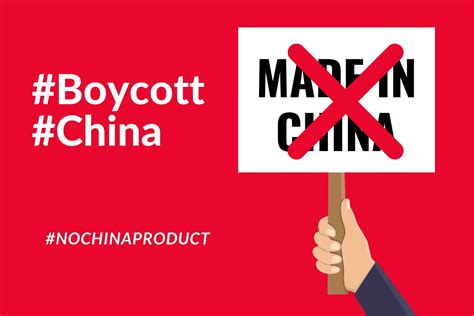Facilitation Payments
What is Facilitation payment?
A facilitation payment, commonly known as a grease payment or facilitating payment, is defined as a amount paid to a public or government official to expedite work or governmental processes. This type of payment serves to ensure that a task is completed more swiftly or effectively than it would typically occur.
For example, a person seeking to register their company with the relevant authority and paid the standard fee required for the registration. The officer accepted the documents, collected the fee, and informed the individual to wait for two weeks. However, since the person needed the registration completed within four days, they decided to pay an additional amount to speed up the process. This extra payment is known as a facilitation payment, while the initial fee paid is simply the standard fee set by the authority.
US FCPA vs UK Bribery Act!
In the United Kingdom, facilitation payments are classified as bribery and are prohibited by the Bribery Act 2010. According to section 7 of this legislation, a commercial organization can be held accountable for failing to prevent bribery. This law makes it unlawful to engage in such payments, whether within the UK or internationally. The US Foreign Corrupt Practices Act (FCPA) does not classify facilitation payments as bribery, allowing them to be legal. These payments are seen as legitimate means to expedite official processes without altering the final results. While the FCPA, enacted in 1977, prohibits bribing foreign officials, it makes an exception for facilitation payments.
Conclusion...
The key question is whether facilitation payments are legal or they are classified as bribes. This is difficult to determine since most countries prohibit facilitation payments, while a few permit them. I believe that the "intent" behind the payment is crucial in distinguishing between a facilitation payment and a bribe. Given the ambiguity surrounding this issue, businesses must remain alert regarding their employees and any representatives operating on their behalf. It is essential to ensure that no one representing the company engages in activities that could result in legal action for making facilitation payments, or for bribery in jurisdictions where facilitation payments are permitted. Businesses that permit facilitation payments must ensure that adequate training is provided, established approval process should be implemented, and all necessary documentation—including invoices, fees, supporting emails, country details, and names—must be gathered prior to executing any payment.




Comments
Post a Comment